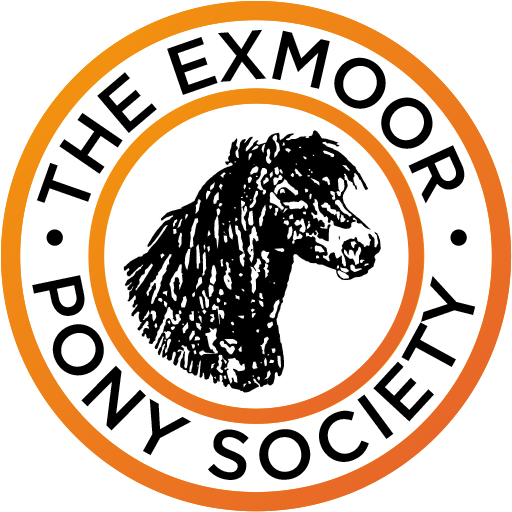
DNA News
You can read the WPCS press release here
https://www.facebook.com/WelshPonyandCobSociety/posts/1158759547518082
Or if you do not do facebook here is the wording:
DNA Testing of Maiden Mares
This year saw the introduction of one of the Welsh Pony and Cob Societies more controversial yet forward thinking policies – the DNA testing of maiden mares. Some people do not like the added cost of having the DNA test done and see it as unnecessary whilst the majority of members applaud the policy. Yet others do not see it as going far enough and would like to see DNA testing introduced for all foals. One of the main aims of the Society is to register stock and maintain the integrity of the studbook. By introducing this policy the WPCS Council aims to build up a profile of the breeding stock of the Breed over time. Ideally it would be very good to have a DNA record of all registered animals however the Council does recognise what a huge cost to breeders such a policy would cause. This way we are introducing DNA testing at a much lesser cost to breeders. If a breeder does not feel a mare is worth an additional £50 as a one off payment, at the start of her breeding career, perhaps breeders should look at why they want to breed from the mare at all. As a Society we want to continue raising the standard of animals that are being bred from. By having a smaller, but higher, quality breeding pool, the price breeders expect for their foals should increase, which is a plus for breeders, and will contribute to welfare by lessening the availability of cheap animals. So why do the Council feel we need to have a database of DNA from our breeding stock? Well there are a variety of reasons, the main one being the integrity of the stud book. By retaining a database of the breeding pool of Welsh ponies and cobs this means it is easy to verify parentage whenever there is a query. Currently a stallion is checked against his father when he is stallion licensed. It is not about catching people out but rather that the studbook should be a true reflection of the breeding of the animals in it. By building up a database of all the breeding population it means whenever there is a query over parentage or identification, it is much easier to verify. The availability of DNA profiles makes the UK bred ponies more attractive to an overseas market and easier export to overseas clients where DNA testing and parent testing is mandatory. Sometimes when an older animal is exported it is difficult to get the required DNA sample, especially if the parent has already died, but a DNA database of breeding stock prevents this problem arising. By the Society introducing this DNA testing of maiden mares, it pre-empts any DEFRA decision on DNA testing. If compulsory testing is introduced in the future, we will be some way into testing already. The feedback we have had from the Welsh Government is that they have liked what we are doing to introduce DNA testing so are less likely to impose compulsory testing of all equines. By implementing our own policy this places the Society as an innovator at a time when the future is uncertain. The Society needs to be recognised as a forward thinking and transparent organisation, ensuring its future success and therefore the future success for our breeders and ultimately our Breed. Jo Sheil Chair of Members Services and Promotions
